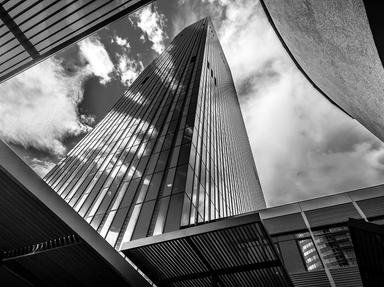Quiz Answer Key and Fun Facts
1. Following the assassination of her husband, she led her party to victory in the 1960 election in Sri Lanka (former Ceylon). Who was the first woman in the world to become prime minister of any country?
2. During the Second World War, he was the Supreme Commander of the Allied Expeditionary Force in Europe. Who later served as the President of the United States from 1953 to 1961?
3. He came into power during WWII after an Anglo-Soviet invasion forced his father to abdicate in 1941. Who was the last monarch of Iran to rule for 38 years?
4. He was the paramount leader of the USSR for 18 years, second longest after Stalin. Who succeeded Nikita Khrushchev in 1964?
5. He led a military coup d'etat in 1952 which overthrew the monarchy in Egypt and established a short-lived United Arab Republic (UAR) in 1958. Who served as the President of Egypt from 1956 until his death in 1970?
6. During the First Indo-China War in 1954, he led the Communist-ruled Democratic Republic of Vietnam to defeat the French Union at the Battle of Dien Bien Phu. Who was the paramount leader of North Vietnam from 1945 to 1969?
7. The tremendous rise in economy in China was due to this man who opened up the Chinese market from the late 1970s. Who was the paramount leader of the People's Republic of China (PRC) from 1978 till 1989?
8. He was an anti-colonist activist fighting for independence of his country against the British colonial rule. Who became the first indigenous head of the government of Kenya after it declared independence in 1963?
9. He was a Welsh statesman who led the United Kingdom during the First World War. Who was the British Prime Minister from 1916 to 1922?
10. He was an economist who governed Portugal with an iron hand for nearly 37 years. Who was the Prime Minister of Portugal from 1932 to 1968?
Source: Author
sw11
This quiz was reviewed by FunTrivia editor
stedman before going online.
Any errors found in FunTrivia content are routinely corrected through our feedback system.
